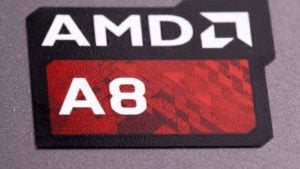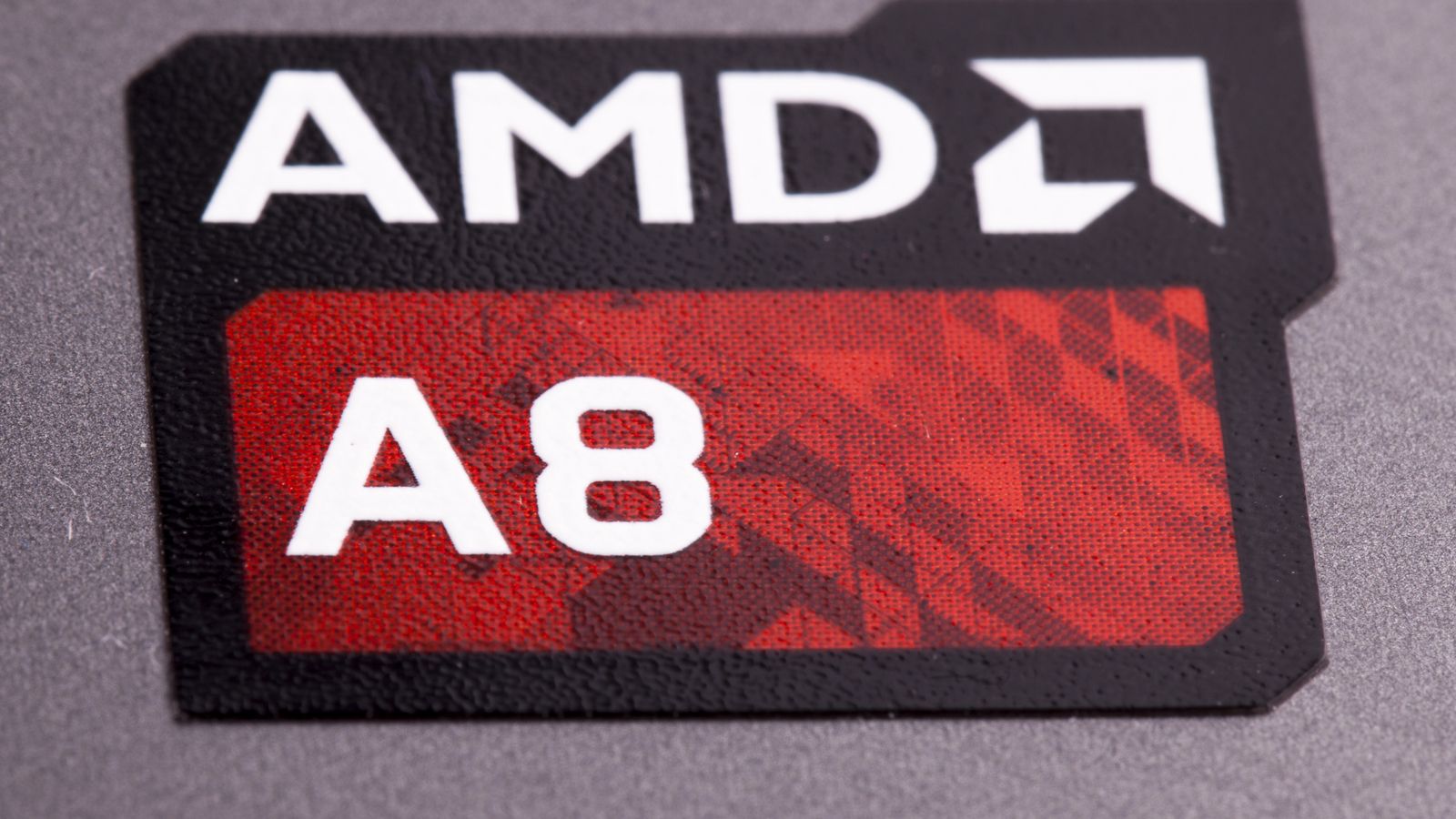Over the years, Advanced Micro Devices (NASDAQ:AMD) has garnered plenty of criticism. I think that’s as there were many who missed the boat on AMD stock, as shares went from sub-$2 four years ago to a current price north of $50.

If investors did nothing else but catch this stock from $5 to $50, they likely made a massive impact on their portfolio. Those that missed the boat can either get on board or keep on complaining.
Either way, AMD will keep on trucking higher, albeit with some bumps along the way. Here’s why.
AMD Stock Has Growth
In 2018, Nvidia (NASDAQ:NVDA) stock was roaring higher, as revenue and earnings growth were robust. However, a cryptocurrency fallout hammered the stock, aiding in a 50% peak-to-trough decline. Nvidia shares were slow to come back, taking all of 2019 to rebuild momentum. Part of that reason? Sales and earnings growth took a hit, contracting year-over-year.
Like Nvidia, Advanced Micro Devices also suffered from a fallout in cryptocurrency demand. However, unlike Nvidia, the company was still able to churn out positive growth on both the top and bottom lines.
Despite the novel coronavirus sweeping across the globe, AMD and Nvidia are still poised to churn out positive growth this year. That’s as demand remains strong for its business segments. However, growth for Advanced Micro Devices is much stronger than Nvidia, despite the latter being an excellent, best-in-class company.
Current estimates call for AMD’s revenue to jump 27.8% this year to $8.6 billion, while earnings are forecast to surge 71.9% to $1.10 per share. That leaves AMD stock trading at about 45 times this year’s earnings, which isn’t exactly cheap, but this is a growth story that keeps on delivering.
Forecasts for 2021 are just about impossible to make with any real degree of certainty — it’s a hard enough task without the impact of the coronavirus. In any regard, analysts expect an additional 20.5% jump in sales alongside 44.5% growth in earnings to $1.59 per share.
On a forward basis, 31.4 times earnings isn’t all that expensive for AMD stock when considering its long-term catalysts and growth rates.
The Financials Are Improving
One of my favorite arguments from the naysayers has centered around the financials. To be clear, I’m not an investor who bought AMD stock for sub-$5 and am tooting the bulls’ horn. I’m just not someone who will fight the tide of the ocean because I was initially paddling the wrong way or who roots for companies to fail.
In the case of AMD, the financial argument centered around two main issues: Debt and cash flow.
At year-end 2016, long-term debt stood at $1.43 billion. At year-end 2019, that debt level has shrunk to $486 million, a reduction of almost $1 billion or 66%. In that time, current assets also increased from $2.5 billion to $4.6 billion, while total assets grew from $3.3 billion to $6 billion.
Turning to the cash flow statement, AMD went from roughly break-even free cash flow in 2016 to negative free cash flow in 2017 and 2018. In 2019 though, free cash flow made a significant improvement, going to $276 million from a $129 million deficit in the prior year.
Growing revenue and earnings, increasing free cash flow and reductions in debt certainly improves the bull case for AMD, not the bear case.
The Charts Are Bullish
AMD stock is one of the few names that did not violate its 200-day moving average on a closing basis amid this decline.
Shares surged above $58 in mid-February before crashing down to roughly $42 just a few days later. The subsequent bounce took AMD stock back up to $50 and the 50-day moving average, both of which acted as resistance.
That was the first clue that the tone was changing for the stock, and not for the better.
The stock then continued its move lower, ultimately finding support between $38 to $39 and at the 200-day moving average. AMD has since put in a higher lower, allowing an uptrend mark to form (blue line). It’s also reclaimed $50 and the 50-day moving average.
Despite AMD’s tendency to be volatile, the stock has shown a great deal of relative strength and has tendency to trend higher over time.
In the short term, I want to see if the stock can hold up above $53.28. A move above this mark fills the gap from February, and closing above that gap gives bulls more control. Above puts $56-plus in play. If AMD can’t hold up over the gap, it puts $50 back in play. Below that, and the 50-day and 100-day moving averages are possible, along with uptrend support.
Below those marks though, between $46 and $47.50, and AMD stock could tumble back to $42. There, long-term investors may start to take a greater interest in the stock.
Bret Kenwell is the manager and author of Future Blue Chips and is on Twitter @BretKenwell. As of this writing, Bret Kenwell is long NVDA.
